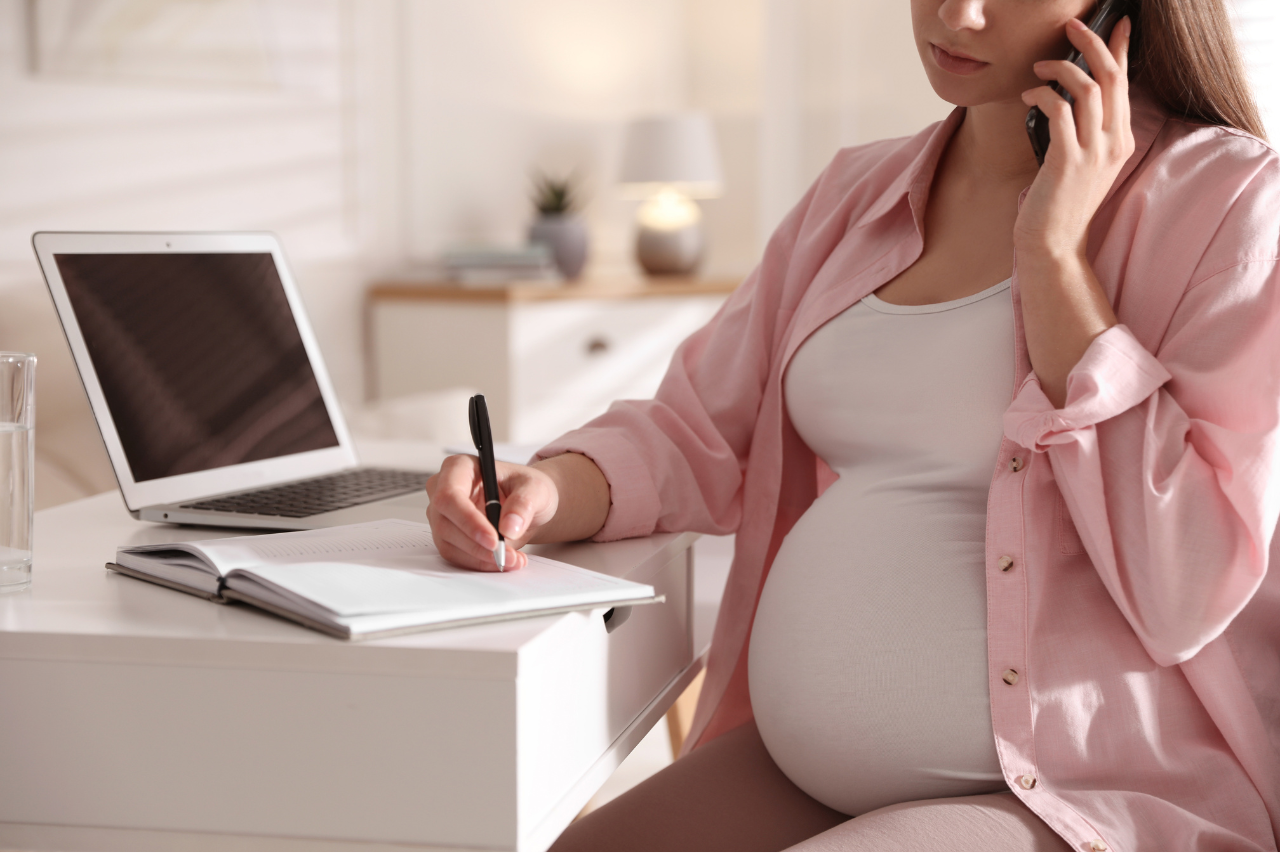To celebrate International Women’s Day we’re partnering with Holly Dunn; a leading wellbeing consultant specialising in women’s health. By working with Holly, we hope to be able to provide more holistic wellbeing recommendations beyond our core focus, particular in relation to Women’s health.
Lack of sleep is a major issue in the UK with 22% of us struggling to fall asleep every night. For a lot of women, hormone imbalances (especially imbalances in cortisol, insulin, oestrogen and progesterone), can have a major impact on sleep. And when you don’t get a good night’s sleep, this can further impact the delicate balance of your hormones.
But why is sleep so important? Well, when we sleep, our brain detoxifies toxins, metabolites and hormones. In fact, every single cell in our body has an opportunity to regenerate.
Lack of good quality sleep can wreak havoc on your energy and hormone health. It can increase stress and inflammation, whilst negatively impacting our energy, brain power, hunger signals, insulin sensitivity and sex hormone balance.
Women need on average 20 minutes extra sleep at night than men due to a higher level of hormone and neurotransmitter rebooting. Interestingly, women are also usually not as good at sleeping. Some of the reasons for this include cyclical body temperature changes, menstrual cramps and biological maternal instincts wiring a woman to wake easily to hear a baby cry.

So, how do we get a good night’s sleep? Here are a few top tips to get you started:
- Go to bed earlier – our brain transitions through several sleep cycles (1 through 4, plus REM sleep) each night. We want to get as many of these sleep cycles in as possible to maximise our brain and body’s restoration capacity. Staying up late can also encourage a second “wind” of cortisol release, which may keep you up into the early hours.
- Avoid screens – for at least 2 hours before bed. Artificial blue lights from phones, laptops and TVs block the brain’s production of melatonin, our sleep-inducing hormone. Try reading instead, or listening to calming or delta wave music.
- Keep it dark and cool – use blackout blinds or an eye mask to block out any remaining light, and aim to keep your room cool. Around 19.44°C or 67°F is the optimum temperature for women’s sleep.
- Avoid intense exercise before bed – this can raise your body temperature, cortisol and endorphins, all of which tend to keep us awake.
- Unwind your body – with a warm Epsom salt bath a couple of hours before bed if you find this relaxing. Epsom salts are rich in Magnesium Sulphate, a known muscle relaxant, stress antidote and detoxifier.
- Eat a diet rich in tryptophan – including foods like organic poultry, brown rice, bananas, fish, nuts, seeds and dairy. Tryptophan is the precursor to our sleep hormone, melatonin, so we want to have the right building blocks available to make this special little chemical.
- Go easy on the caffeine – caffeine is a stimulant and will disrupt your sleep (even if consumed many hours before bedtime). If you can’t live without it, limit your intake to one coffee or tea per day (opt for organic if possible) and have it before 11am!
- Avoid alcohol – in the short term, alcohol can actually increase levels of a relaxing neurotransmitter called GABA in the brain. BUT you won’t be feeling very relaxed when you wake up wired and dehydrated at 2am. Alcohol interferes with blood sugar balance and it can also disrupt the production of serotonin, our happy hormone (another precursor to melatonin).
In follow-up posts we’ll be sharing more helpful tips to help ease stress levels so that you sleep better, Finally, if you have been diagnosed with hypothalamic amenorrhoea (or suspect this is you), consider getting in touch with Holly to get the right support that works for you and your unique needs.
Sleep well!
VIDA’s original service is a wellbeing and desk assessment. This enables employers to be HSE compliant with a DSE workstation assessment that gives employees personalised recommendations on how to improve their workplace ergonomics and wellbeing while working from home, remotely or in offices.


Holly Dunn is a Registered Nutritionist, Wellbeing Consultant and Speaker, specialising in Women’s Health, Performance and Hypothalamic Amenorrhoea. Her clinical practice is rooted in evidence-based science, a deep understanding of the female body and what we all need to function well. Using personalised nutrition and functional testing, Holly helps her clients find their unique formula for better health and energy, so they can live life to the full – without burning out. To find out more and book a call with Holly, visit www.hollydunn.co.uk





